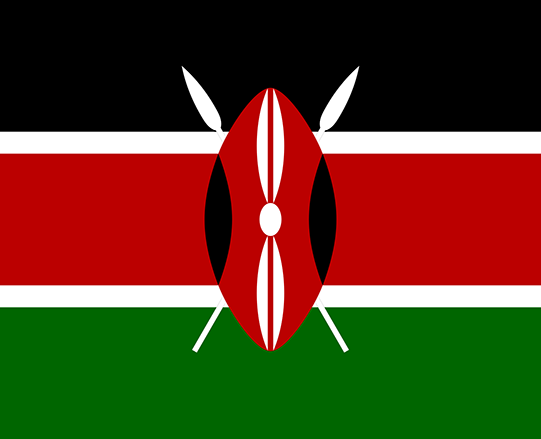On Thursday 22 March 2018, a three-judge bench handed down a ruling in a case challenging the state’s inhuman and degrading treatment of two Kenyan men while under arrest in 2015. The men were arrested in Kwale county, on mere suspicion that they were gay. They were subjected to forced anal examinations and HIV testing under a magistrate’s order to determine if they had engaged in consensual sexual acts in private—which is punishable with up to 14 years imprisonment.
These types of examinations, which involve being made to lie with legs up in a humiliating position and having instruments forced into one’s rectum, are widely accepted as having no medical or forensic value. In September 2017, The Kenya Medical Association (KMA), which is the leading professional body advocating for quality healthcare for all Kenyans, released a statement condemning such examinations. This is consistent with international law and commentary; for example, the United Nations Special Rapporteur on torture and other cruel, inhuman and degrading treatment or punishment said in 2016 that forced anal examinations intended to obtain physical evidence of homosexuality are ‘medically worthless and amount to torture or ill-treatment’.
The National Gay and Lesbian Human Rights Commission is to be congratulated on this major victory for human rights and social justice.
The National Gay and Lesbian Human Rights Commission (NGLHRC) in Kenya, which is representing the two men in the case, has long argued that the tests are a violation of rights to privacy and dignity and amount to torture.
Téa Braun, Director of the Human Dignity Trust, said
“The National Gay and Lesbian Human Rights Commission is to be congratulated on this major victory for human rights and social justice.
There is no place in a modern democratic society for invasive and degrading procedures by the State in an attempt to prove homosexuality, and these procedures violate international human rights law while being devoid of any scientific merit. They are used to intimidate and humiliate, and the Court of Appeal in Kenya has rightly admonished the practice in the first major court case of its kind.
All countries that continue to use these barbaric practices should follow this lead and immediately ban the practice and uphold the fundamental rights of all people to dignity, privacy and security from inhuman and degrading treatment.”
Head of Legal Affairs at NGLHRC, Njeri Gateru, said:
“We are thankful that the Appeal Court has put Kenyan citizens’ rights first. With this ruling, the judges are saying that we all deserve to be treated with dignity and afforded our basic rights, as enshrined in the Kenyan Constitution.
The humiliation and pain caused by these useless anal examinations will follow our clients for the rest of their lives. However, we are emboldened to see our constitution at work, ensuring that all Kenyans have the right to dignity.”

